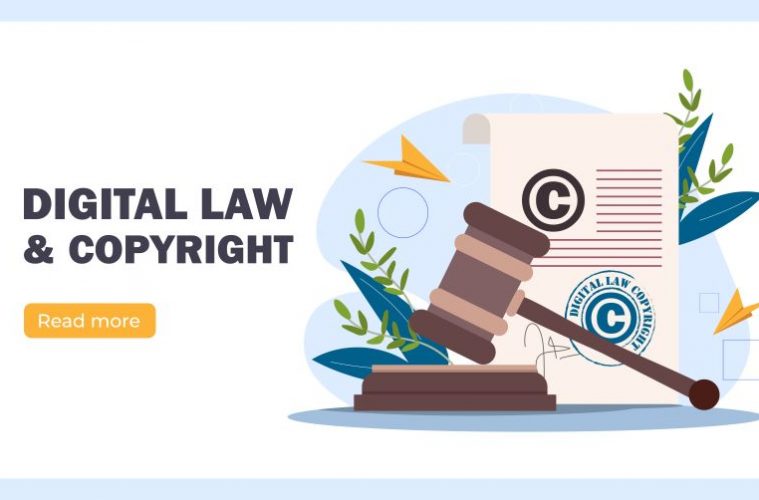The UK is dealing with a complex legal landscape that is presenting both challenges and opportunities. As AI-generated content becomes more prevalent, a lot of questions and concerns are being raised. With Brighton being a hub of digital creative services, it pays to know where you stand.
AI Copyright Law in the UK
In the UK, copyright law requires a human to establish ownership over any work. The CDPA act outlines that work generated by a computer alone is not eligible for any kind of protection. The CDPA also states that it is the person who operates, or who created the AI, that is responsible for its content.
This approach also helps to acknowledge the role of a human when developing new AI systems. It also goes a long way when it comes to defining ownership within the system. Proving ownership is critical when it comes to copyright law; if ownership cannot be proven, then it is difficult to know whose rights are being protected. The best steps you can take to safeguard your rights would be to hire copyright solicitors and make sure that you’re clued up regarding the latest changes to copyright law and AI. The landscape is ever-changing, so keeping up-to-date is critical if you use AI, or want to protect your work from it.
Using AI to Create Content
Brands that use AI when generating content have to navigate a complex landscape. If you develop an AI tool then you can claim the copyright for it, but claiming copyright over anything it generates isn’t possible. This is because the author of the content, wasn’t human.
AI’s ability to generate content has raised a lot of concerns regarding copyright infringement. AI systems can easily create work that is similar to existing material, but AI cannot be held liable. Those responsible for creating and operating the AI, however, can be subject to disputes in the eyes of the law.
Ownership over AI
AI-generated content, whether it is a graphic, or piece of text, can come with new copyright challenges. The ownership of content like this usually depends on the circumstances of the situation and the agreements that are in place. In the instance of AI-generated images, they can be attributed to both individuals and organisations. If you work with AI, you may find that you are liable for the work you create. While the artwork doesn’t hold the copyright, the person orchestrating its creation does, if they had a part to play in its creation.
Understanding this, and forming an agreement is the key when generating AI content in the future will help to protect your ownership over anything you create while ensuring that you have some legal standing when it comes to the distribution or sharing of that work on digital platforms.

Raising Questions about AI in the Future
The Midjourney lawsuit, a case filed in California, is a prime example of why AI and copyright need to be explored further. This lawsuit ignited a major legal battle. In January 2023, artists filed a class action against Midjourney, Stability AI and DeviantArt. Most of the case was thrown out, with only a single direct claim to copyright left standing. Cases like this have helped to pave the way for current regulations, including whether any content that is generated by AI, should be considered as challenging existing copyright or whether it should be a derivative work.
In regards to AI within the UK, content creators need to have their work protected. This is particularly the case when web scraping. Collaborations within various creative sectors are helping to develop frameworks that could be used in AI training moving forward. The UKIPO, or the UK Intellectual Property Office, are also generating a code of practice, which will help to clarify the use of AI in regards to copyright law. They aim to introduce exceptions to the database rights in regards to commercial TDM, without any kind of opt-out option.
Overall, it seems that AI and copyright are always changing and evolving. This brings into question a lot of different aspects of human creativity. As AI continues to advance, the legal framework surrounding it has to change too, so that any new challenges can be navigated clearly. Seeking legal advice when setting clear agreements regarding the use of AI is key, as is seeking guidance from an intellectual property lawyer. This is the best way to ensure that your content stays safe from AI while protecting anything you use AI to create.




